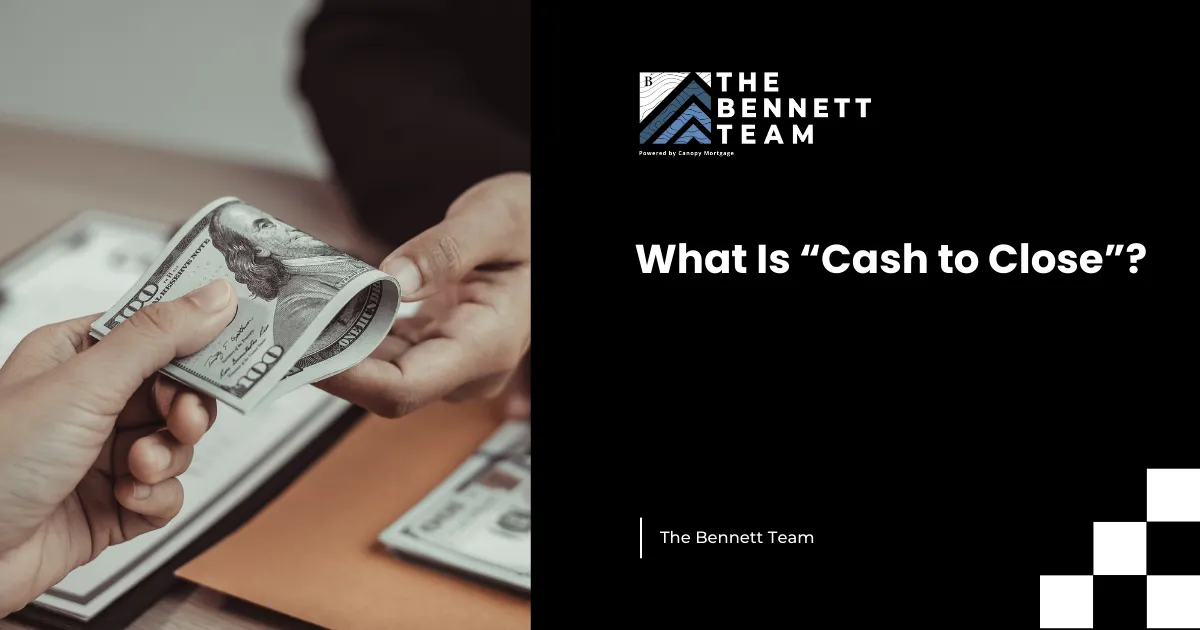
What Is “Cash to Close”?
Buying a home is exciting—but if you've ever felt like lenders and agents are speaking a foreign language, you're not alone. One term that often confuses buyers is cash to close. It’s a key part of your financial planning, and understanding it early will help you avoid surprises at the closing table.
Let’s break it down.
What Does “Cash to Close” Actually Mean?
Cash to close is the total amount of money you’ll need to bring when it’s time to finalize your home purchase. It’s not just your down payment—it also includes other costs that are due at closing.
Here’s what typically makes up your cash to close:
Down payment – The portion of the home price you’re paying upfront.
Closing costs – Fees for services like the appraisal, title insurance, and loan origination.
Prepaids – These include homeowner’s insurance, property taxes, and mortgage interest that may need to be paid in advance.
Escrow reserves – Funds set aside to ensure there’s enough to cover future property taxes and insurance.
Timing Can Affect the Final Number
Here’s where it can get a little tricky: the cash to close amount can fluctuate depending on when in the month or year you close. For example:
Taxes and insurance may be prorated based on your closing date.
Interest is calculated daily, so the day you close affects how much prepaid interest is due.
Utilities or other local charges could show up at the last minute based on final readings.
Because of these variables, it’s not uncommon for the final number to shift slightly as you approach closing. That’s why it’s so important to ask the right questions along the way.
What Stays the Same?
Some fees are fixed, and those won’t change unless you decide to make a change (like selecting a different loan program or locking in a new interest rate). These include:
Lender fees
Rate-related fees (like discount points)
So while some elements of your cash to close are flexible based on timing, others are locked in from the start.
Be Proactive: Ask, Ask, Ask
To avoid stress or last-minute panic, don’t be afraid to ask your lender:
What’s included in my estimated cash to close?
Are there any items that could change?
How do my closing date and time of year affect this number?
Being prepared means you’re ready—no matter how the numbers shift at the finish line.
Sources:
Consumer Financial Protection Bureau – "What is cash to close?"
www.consumerfinance.gov/ask-cfpb/what-is-cash-to-close-en-1965/Investopedia – "Cash to Close: What Homebuyers Need to Know"
www.investopedia.com/terms/c/cash-to-close.asp


